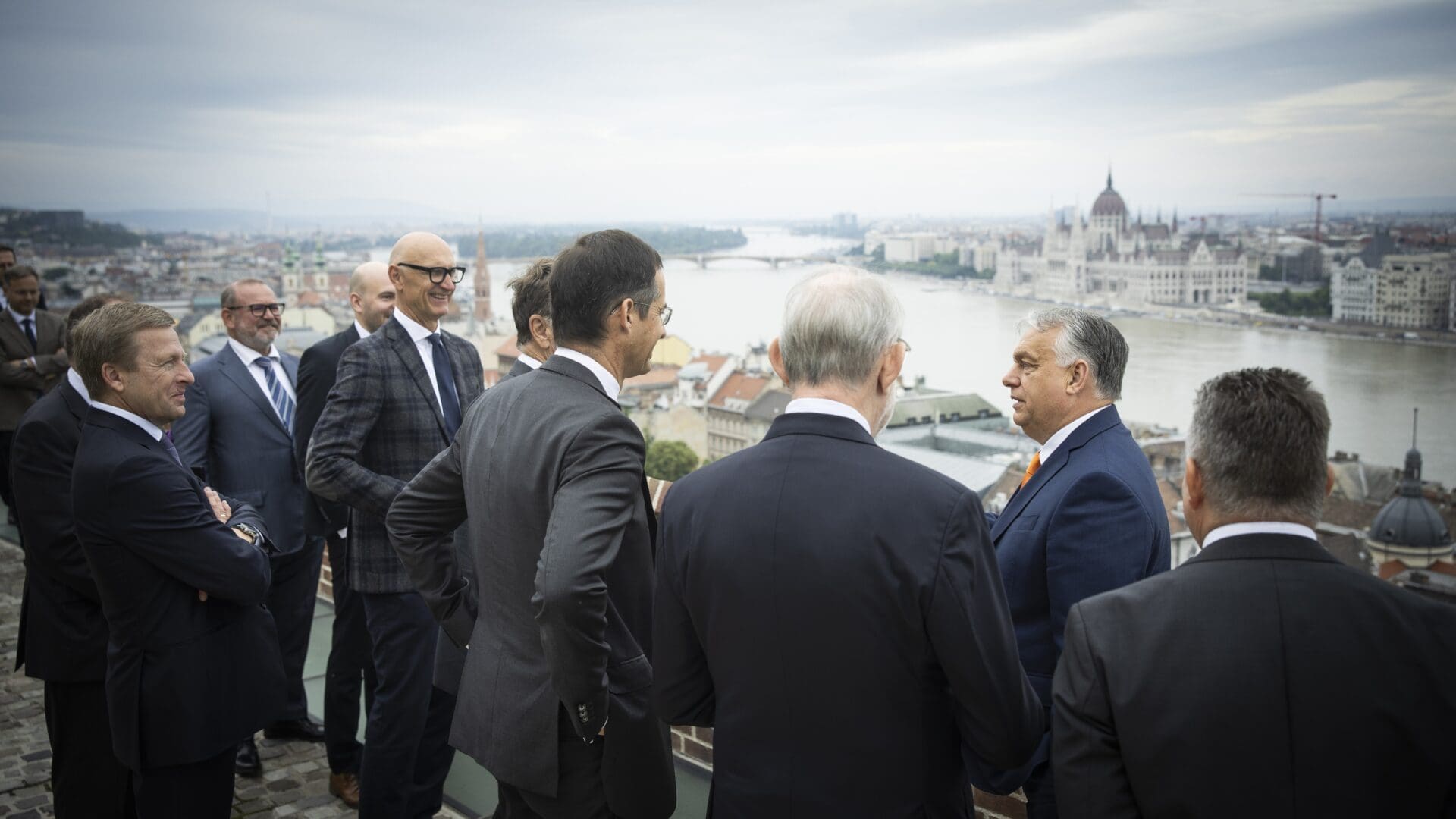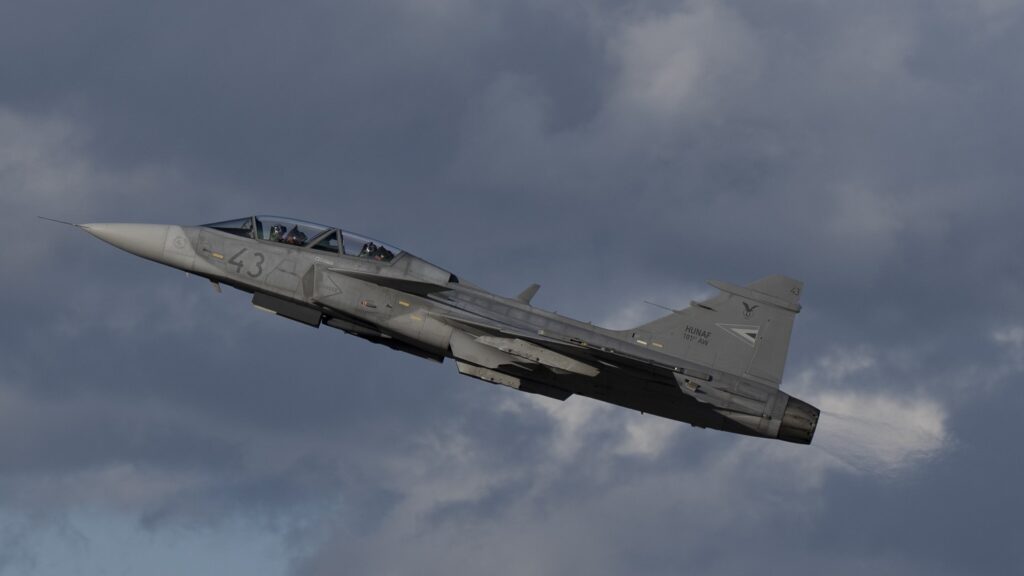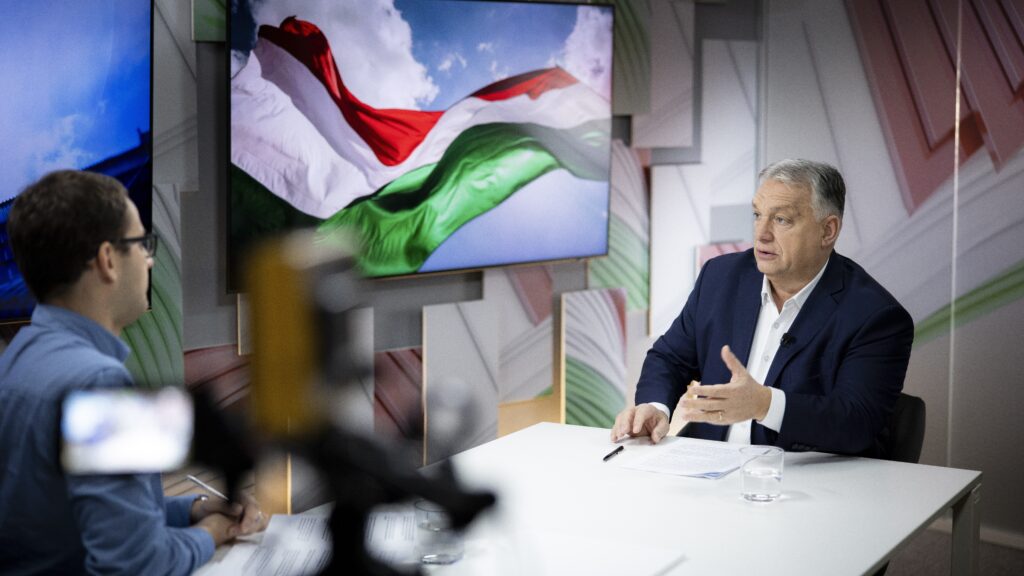Hungary begins its six-month rotating presidency of the Council of the European Union on 1 July, which will run until December 2024. Last week, the presidency’s priorities were shared, according to which ‘Hungary will work as an honest broker, in the spirit of sincere cooperation between member states and institutions, for the peace, security and prosperity of a truly strong Europe.’
The Hungarian presidency will take place during a period of extraordinary circumstances and challenges. The EU, and Europe in general, faces difficulties not only due to the Russo–Ukrainian war but also to economic and financial hardships. In addition, it must manage the fragile security situation, illegal migration, vulnerability of international supply chains, natural disasters, effects of climate change, and the impact of demographic trends. Furthermore, during the Hungarian Presidency, the European Parliament and European Commission will be newly established and will have to start the implementation of the Strategic Agenda 2024–2029, setting out the long-term guidelines for the Union’s future work.
During its presidency, Hungary aims to focus on seven priorities to answer the EU’s economic, security, and social challenges. These objectives are the ‘New European Competitiveness Deal’, ‘The Reinforcement of European Defence Policy’, ‘A Consistent and Merit-Based Enlargement Policy’, ‘Stemming Illegal Migration’, ‘Shaping the Future of Cohesion Policy’, ‘A Farmer-Centered EU Agricultural Policy’, and ‘Addressing Demographic Challenges’.
According to the presidency programme, Europe is lagging behind its global competitors. Therefore,
it is vital to improve the productivity and competitiveness of the Union and its member states
and to stimulate growth. In this regard, adopting a New European Competitiveness Deal is a crucial priority of the Hungarian presidency. The second objective, reinforcing European defence policy, is also an essential aim that should be achieved as an answer to the ongoing and emerging conflicts in Europe and the world. Therefore, the EU must significantly improve its defence capabilities and international crisis management responsiveness to guarantee security.
The third priority of the EU’s enlargement policy is to keep this policy merit-based, balanced, and credible. It includes a European perspective on the Western Balkans, further broadening and deepening the cooperation with these countries in the frame of the EU–Western Balkans Summit and the European Political Community. Regarding migratory pressure, it has been a challenge for the EU and individual member states for several years. For finding appropriate solutions, closer cooperation is needed with countries bordering the EU, with the key countries of origin and transit; and illegal migration and human smuggling must be curbed.
Based on its fifth priority, the presidency aims to shape the future of cohesion policy since there are still significant development gaps between member states and within regions. More than a quarter of the EU’s population lives in regions that do not reach 75 per cent of the Union’s average development level. For the convergence of these regions, it would be necessary to fully utilize the competitiveness potential of the EU and the proper functioning of the Single Market. The sixth priority of a farmer-centred EU agricultural policy focuses on securing the livelihood of European farmers that is threatened by climatic, economic, and other challenges. Therefore, the Hungarian presidency encourages the Agriculture and Fisheries Council to guide the new Commission in formulating the Union’s post-2027 agricultural policy rules for competitive, crisis-proof, and farmer-friendly agriculture. The last and seventh objective is to address demographic challenges due to
the accelerating ageing of European societies, unsustainable social welfare systems, and labour shortages.
The presidency will draw attention to the Commission’s demographic toolbox, published in October 2023, providing a good basis for future policies.
The smooth operation of the rotating presidency in the Council is ensured by presidency trios, where successive presidencies cooperate with each other to secure continuity and possible overlaps of presidency objectives. The current trio is made up of Spain (July–December 2023), Belgium (January–June 2024), and Hungary (July–December 2024), each having prepared a Trio programme before the given period. This programme, among other aspects, focused on strengthening the EU’s global competitiveness, addressing the EU’s demographic challenges, strengthening international partnerships, multilateral cooperation, and security in all dimensions, such as enhancing the EU’s security and defence capability. It can be noted that the priorities of the upcoming Hungarian presidency are in accord with multiple aims of the Trio Presidency programme, affirming its objectives.
From 1 July not an easy, albeit a very exciting and challenging period awaits Hungary that could bring crucial results. The Hungarian strapline for the presidency, ‘Make Europe Great Again’, is criticized by the international media as it seems to copy Trump’s campaign slogan in 2016, ‘Make America Great Again’. However, according to Hungarian Minister for European Union Affairs János Bóka, ‘It is a reference to an active presidency,’ and ‘It manifests the expectation that together we should be stronger than individually, but we should be allowed to remain who we are when we come together. It also portrays the idea that Europe is able to become an independent global actor in our transforming world.’
Related articles:








